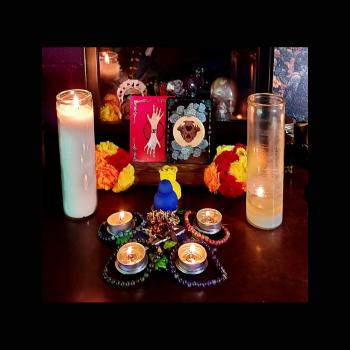
Purim is a popular Jewish holiday that is also known as the most raucous of all the traditional Jewish celebrations. It is celebrated on the 14th day of the month of Adar which, on the Hebrew calendar, is the twelfth month of their ecclesiastical year, and typically falls somewhere around the month of March on the Gregorian calendar.
This holiday, which usually has a Mardi Gras spirit about it, celebrates the last-minute rescue of the Jewish community from threats of destruction, as described in the story of Esther from the Hebrew Bible. According to the biblical account, the Jewish people of the city of Shushan were threatened with destruction by a Persian man by the name of Haman, who served as the grand visor (or prime minister) of King Ahasuerus, who ruled over a vast kingdom of 127 regions. Haman was angered that a Jewish man named Mordechai would not bow to him. As a result, Haman wrote up a decree that all Jews living in the kingdom should be killed, and he used his influence with the king to make it official. Haman cast lots to determine the date on which he would kill the Jews (“Purim” means literally “lots”), and he determined that his extermination of the Jewish people would be carried out on the 13th of Adar.
The heroine of the story is Esther, a young Jewish girl who had been chosen to become the wife of the Persian King Ahasuerus, but who had never revealed her Jewish identity to the king. When word of the decree went public, she was contacted by Mordechai, her cousin and guardian after the death of her parents, and the very person who inspired Haman’s wrath. Mordecai encouraged her to reveal her identity to the king, to see if she could save her people. The request was risky—Esther could be killed for appearing before the king without his invitation. However, after asking the Jewish people of the kingdom to pray and fast for three days, she agrees to plead her case before the king. The story takes on a number of twists and dramatic turns (it is one of the most literary if the biblical books) but, ultimately, Esther turns the heart of the king, and the Jewish people are saved. Instead of Esther and her people being put to death, Haman and his ten sons were put to death on the very gallows which they had built in order to kill the Jews.
When it comes to modern Jewish observance, there are four sacred obligations associated with the holiday. The first is the reading of the Book of Esther from the Bible, which is chanted with special blessings and a particular tune, once at night and once during the day. During the ceremonial reading, each time the name ‘Haman’ is read, it is customary to boo and make loud noises so that his name is completely drowned out and never heard.
The holiday is also marked by a festive meal held during the day, where people are encouraged to drink and celebrate, and there is an obligation to send gifts of food to at least two friends, as well as donate enough charity to those in need to equal the cost of two meals. The Talmud even instructs that “One should drink until one cannot tell the difference between the phrases ‘blessed is Mordecai’ and ‘cursed in Haman,’” emphasizing the carnival like nature of the holiday, where everything is topsy-turvy.
Certain foods are common on Purim. Three-cornered cookies, called hamantaschen, are supposed to represent Haman’s hat (or his ears, if you are in Israel), and are usually filled with jams or poppyseeds. Some choose to eat beans on Purim, as a reminder of Esther’s efforts to keep kosher while living in the place of the King. Fish is sometimes a popular dish on Purim, as the fish is the sign of Pisces, and Purim falls in the month of Pisces (February 19-March 20).
Perhaps two of the most important aspects of this holiday are found in what you should give and what you would think about on this otherwise celebratory and indulgent holiday. Observant Jews are encouraged to use Purim as an opportunity and even excuse to bless the lives of the poor, buy donating food or charitable offerings. And this holiday is a perfect time to remember how gracious God has been to His people, by preserving their lives and even advancing their cause at a very tenuous time in their history.
3/6/2023 11:06:30 PM










